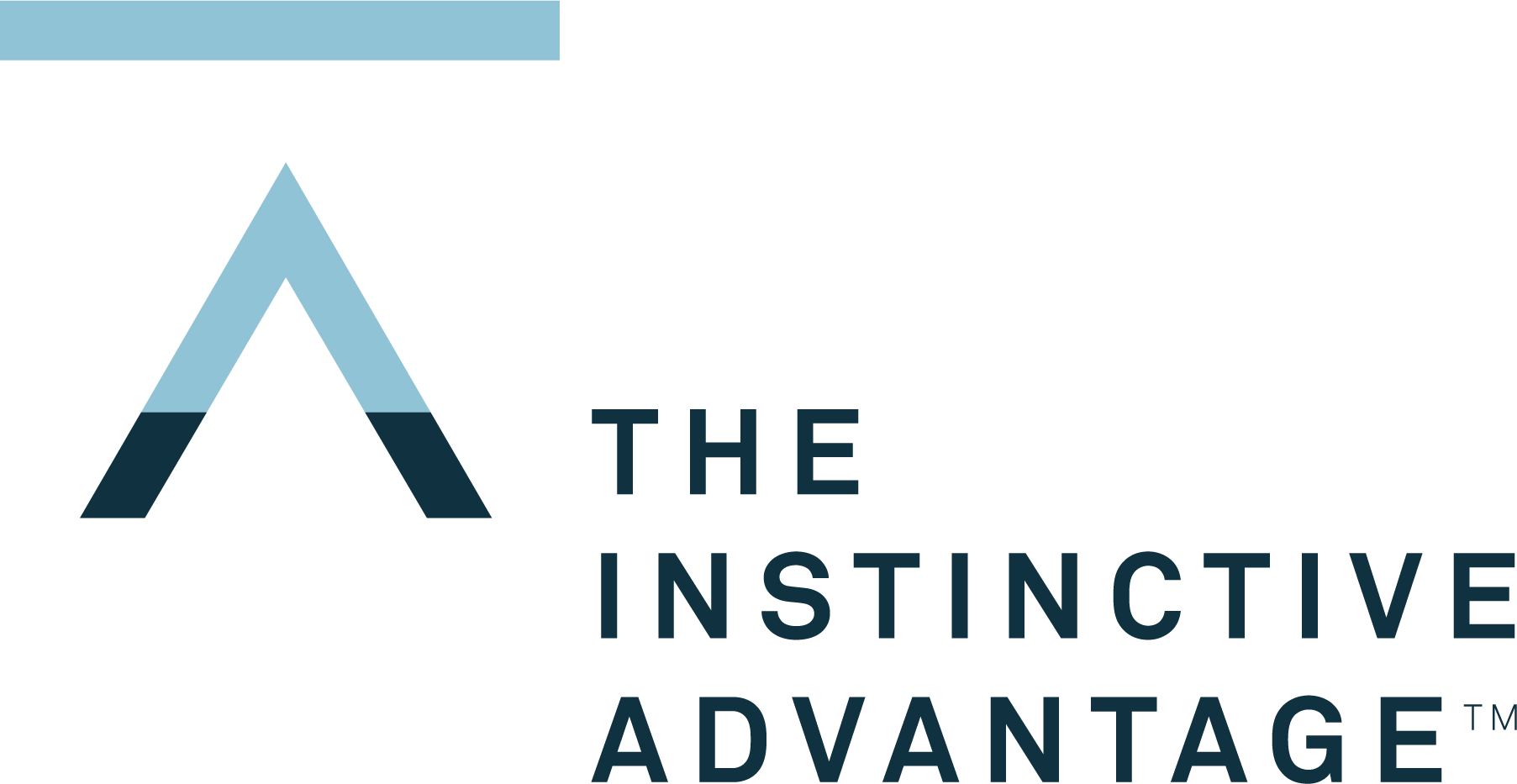Unlocking Long Term Success: A Guide to Talent Retention Using the Kolbe System
Securing success for any company hinges on placing the right person in the right seat. It's not just a matter of hiring; it's about ensuring that employees are ideally matched to their positions. Talent retention results are seen in heightened employee morale, unwavering performance, and the enduring accumulation of organizational knowledge – all crucial elements for long-term success.
Understanding the Challenges of Talent Retention
Talent retention isn’t a single action. Instead, it’s an ongoing process that encompasses a variety of strategies and approaches. As leaders, keeping the lines of communication open with your teams is critical.
At The Instinctive Advantage, we can’t help but make sure instinct is brought into the conversation. Employees who are not working in their instinct will not stay long-term. The top two reasons for employee departure have conative implications:
1) Mismatched Job Roles: Employees often leave when their roles don't align with their skills, interests, or natural talents.
Kolbe Solve: Using the Kolbe B™ to with employees to measure if they are working in - or against - their instinct
2) Poor Management Practices: Ineffective or unsupportive management can drive away talented individuals.
Kolbe Solve: Leader takes the Kolbe C™ - defining ideal instincts - for a position to ensure alignment between manager expectation and employee talent.
There are other reasons for employee departure. It is critical for the leader to have open dialogue with their team around these topics:
Lack of Career Growth: The absence of advancement opportunities can cause employees to seek growth elsewhere.
Inadequate Compensation: Competitive pay and benefits are crucial; otherwise, employees may move to more rewarding opportunities.
Work-Life Imbalance: Excessive workloads or inflexible schedules can result in burnout and turnover.
When you understand what drives employees away, you’ll have an easier time implementing strategies to retain top talent.
Impact of Talent Turnover
Imagine your favorite sports team constantly changing players. It would disrupt the game, slow down progress, and make winning harder. Similarly, in companies, when employees keep leaving, it can mess up the work, cost a lot, and make it tough for the company to succeed. That's why talent turnover matters – it affects how well a company can play its 'game' and win in the business world.
The professional challenges commonly seen are as follows:
Productivity surfers. Turnover disrupts workflows and can significantly reduce productivity as new hires take time to reach their full potential.
Continuous training of new employees, incurring significant costs and resource allocation.
Loss of organizational knowledge. When employees leave, they take valuable knowledge and experience with them, potentially hindering organizational efficiency and growth.
Morale. Every time an employee departs your organization, it gives other employees a chance to question “why am I staying?” Employees want to be part of a winning team, and departures bring light to the fact that the team is not fully successful.
Conclusion
Retaining talented employees - who fit your values and drive your mission forward - are a critical factor in the success of any organization. The Kolbe System offers a comprehensive solution to this challenge by measuring and ensuring employees can live in their instinct daily.
The Instinctive Advantage leverages the Kolbe Index to help businesses become more productive and efficient. It leads to increased rates of retention, higher employee satisfaction, and successful results for everyone involved.
To learn more about how these strategies can benefit your business, contact The Instinctive Advantage today.
